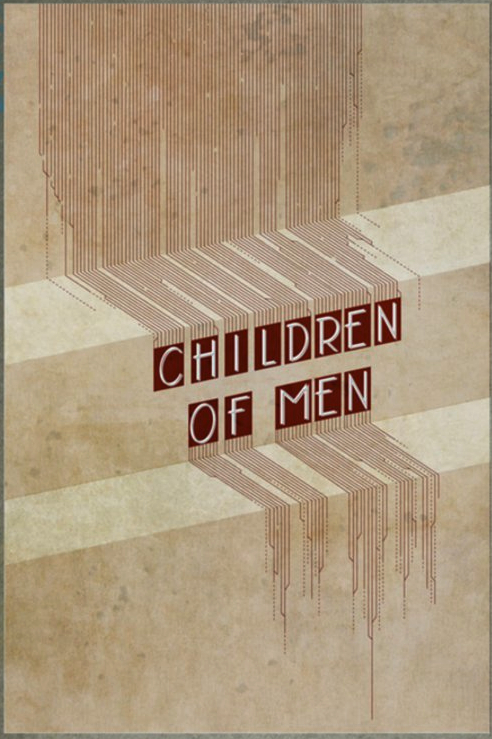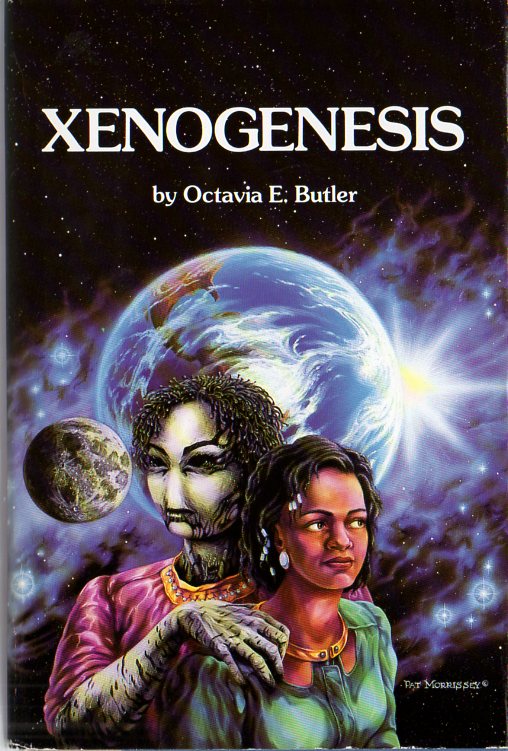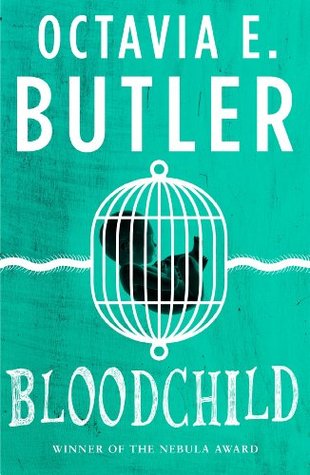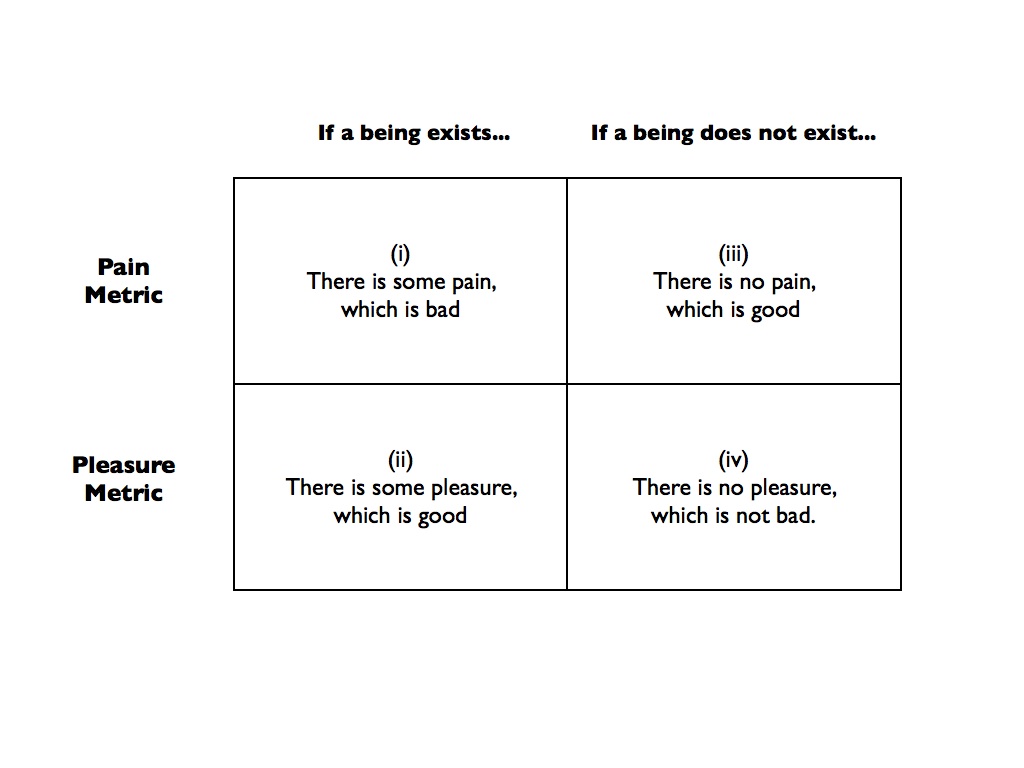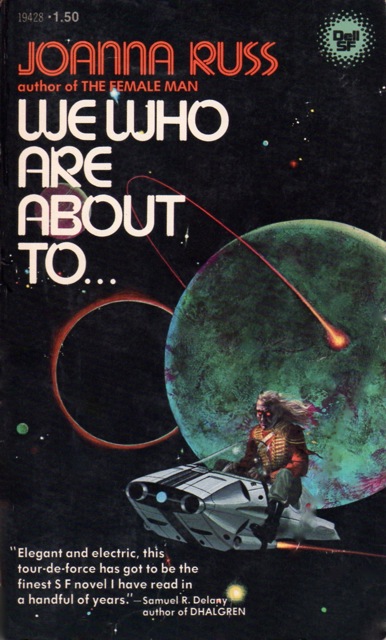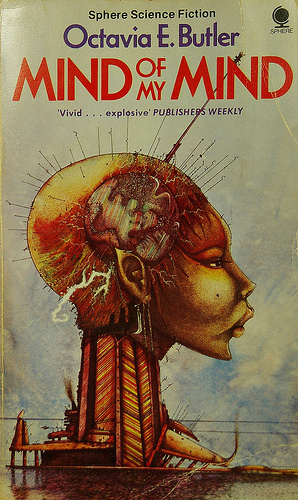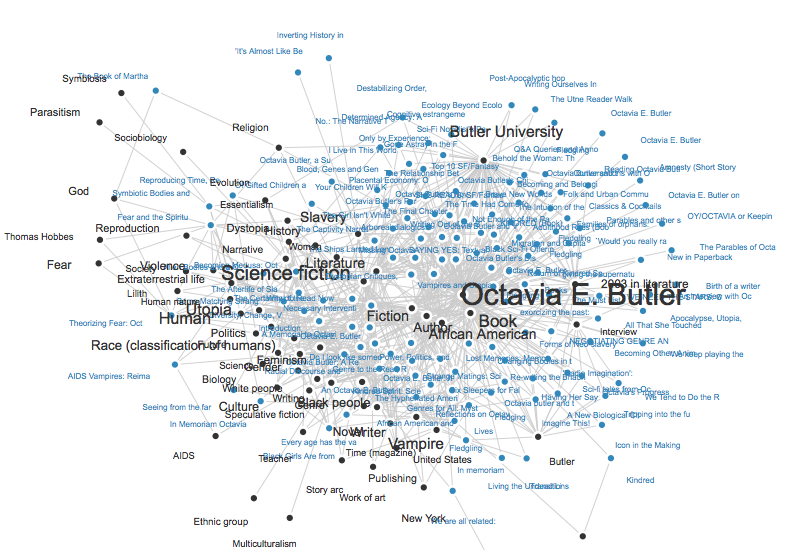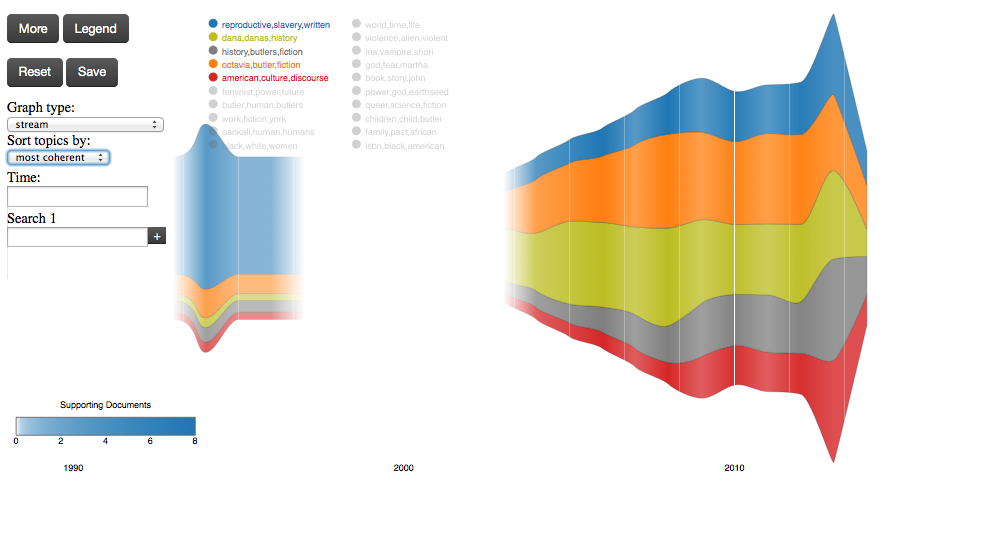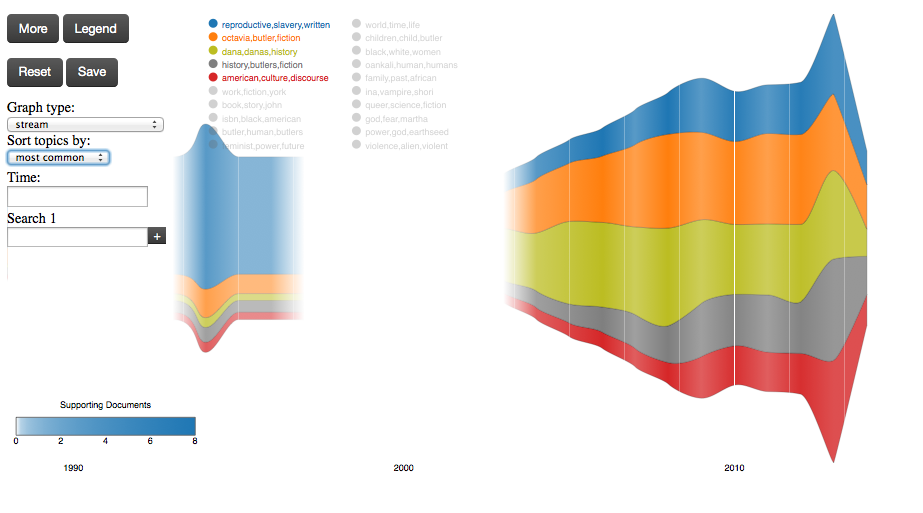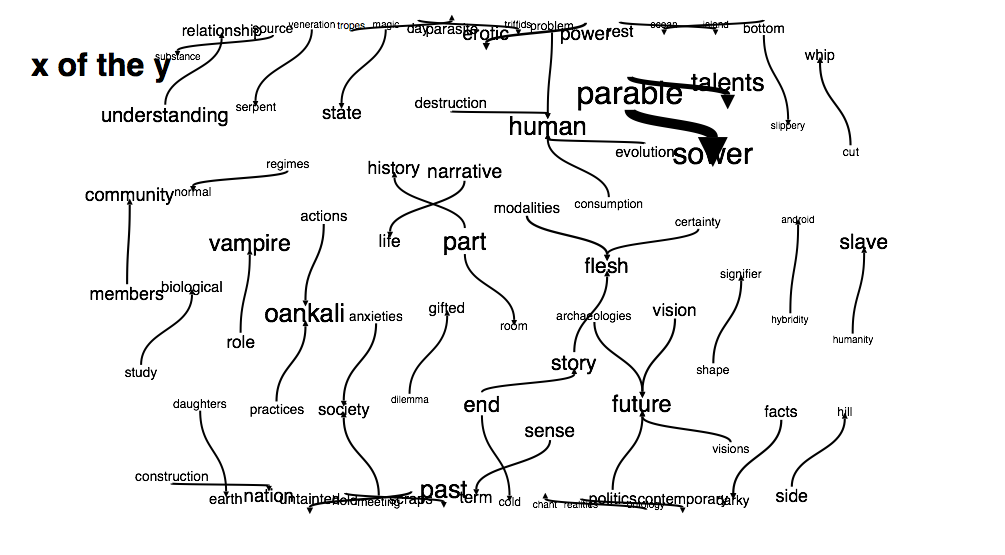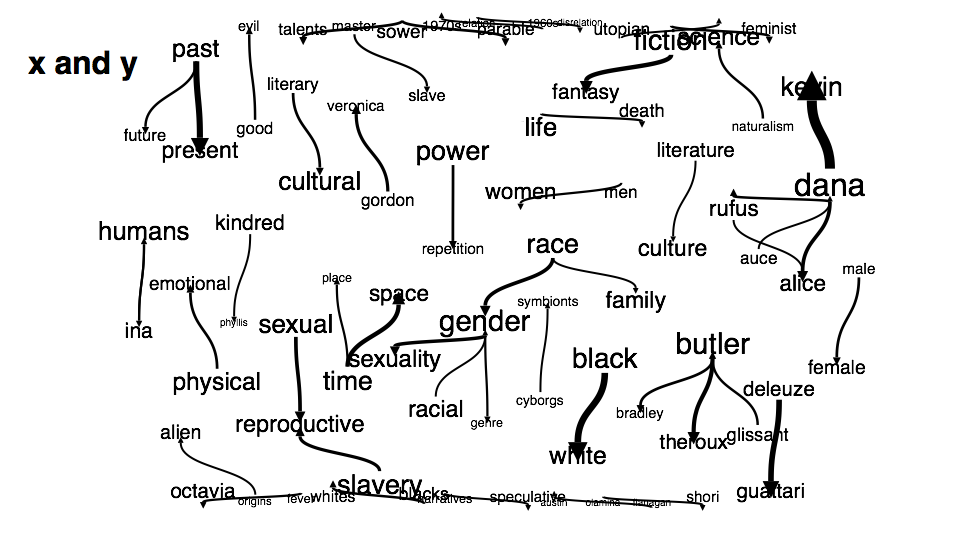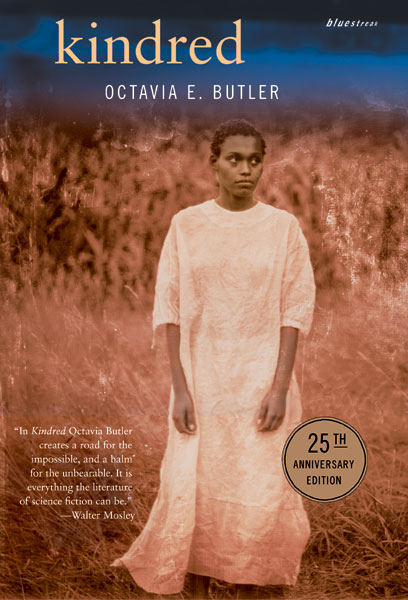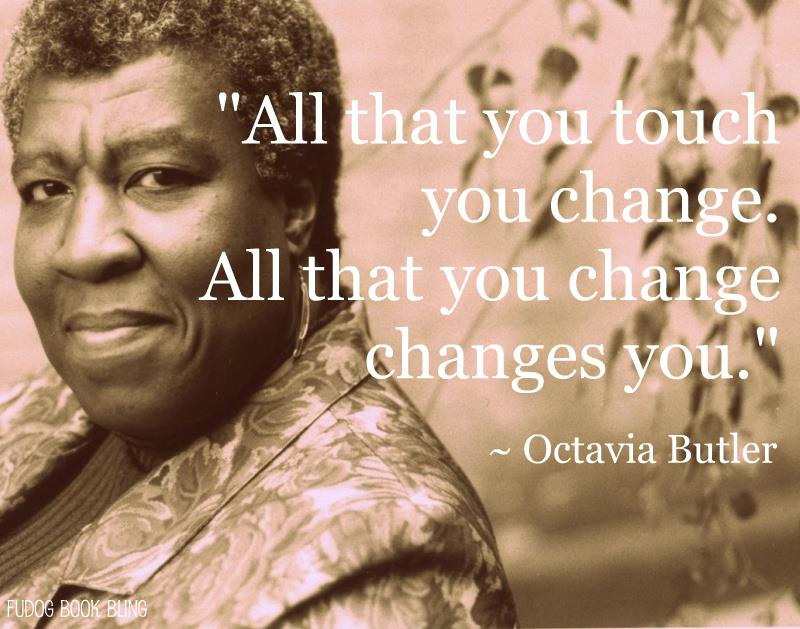This is part of a roundtable on the work of Octavia Butler. The index to the roundtable is here.
__________
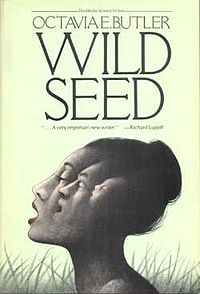
The premise is simple:
Anyanwu is a woman who can shift her physical form into any shape. She is a healer, she is feminine, and she is by nature immortal.
Doro is a man whose spirit moves from one body to another, thereby destroying the host’s spirit and eventually the body. He is a killer, he is masculine, and he is by nature immortal.
Wild Seed is about their relationship. Mother and father to generations. Wife and husband. Ally and enemy. Lover and beloved.
*
The book begins in 1690.
Doro has been alive for thousands of years, and he whiles away the time by collecting people with special powers and breeding them.
Doro can use any body, but bodies of people with special powers last longer. He is also painfully lonely, as the lives of everyday humans flash by in the blink of an eye. He’s stopped seeing people as individuals and begun to see them as a people, a group, a line of descendants. In regards to individuals, Doro is casually cruel, but in regards to the entirety of a people, he is both caring and loyal, expending significant time, energy, and resources to assure his people are safe and cared for.
The story starts when Doro finds Anyanwu, who is living as an old woman in a town made up of her descendants. She is the resident witch, a healer and a priestess. When Doro meets her, Anyanwu has lived through many cycles where she taken on a youthful body, married, born children, and allowed her body to age, before repeating the process.
The story draws sharp parallels between Doro, who is creating descendants and villages and peoples, and Anyanwu, who is creating descendants and villages and peoples.
Doro breeds his people, sometimes demanding sisters and brothers or daughters and fathers breed, but he’s set himself apart from them, as though the people are toys.
Anyanwu bears her children herself, bringing them into the world from her own body. She is a part of the process, a living member of the peoples she creates.
The book has a number of themes, including slavery, the shifting nature of morality, the ability to mimic gods, the nature of marriage.
What I found absolutely fascinating was the author’s ability to shift my perspective on Doro, from monster to person, and back again, and how his relationship with Anyanwu changes them both over time.
I’ve read many books about antiheroes, including stories where the antihero is the lover-hero-husband archetype. I’m sure most people have read some version of the misunderstood-but-sexy vampire romance.
Those stories often have a redemption storyline, but Wild Seed is not that story. Frankly, I find that refreshing.
Doro is a monster, and he remains a monster.
The first time we (and Anyanwu) see Doro body-hop, he kills a child. Does Doro do this to save his own life? No. He does it because a ferry owner is annoying him, and he’s going to teach the obnoxious upstart a lesson.
Doro ends up killing both the child and the ferryman, and he doesn’t feel anything but a bit of pleasure because taking over the ferryman’s body means he’s no longer suffering a cold.
There is no redemption, at least in my book, for random child-killing to teach others lessons. There just isn’t. Doro is a really awful person, full-stop.
The way Butler arranges this story, Doro has the power to kill Anyanwu, to hurt or manipulate or enslave her children. That puts a lot of power into his hands, and she must learn to accept and live with his terrible nature, or die and leave her children at risk.
Doro has been using terror, killing, threats, to order his people around for literally millennium, and he’s quite good at it. I was nervous for Anyanwu–“Don’t make him angry, Don’t make him angry,” I chanted at her, as I read.
In the first part Anyanwu is appalled by Doro’s actions, but she remains able to accept him, as a lover and husband. The world is a harsh place, and Anyanwu’s cultural background (exposing children born with birth defects, killing in self-defense, war, slavery) makes her acceptance of Doro both understandable and plausible.
She is in a terrible position, and that, I think, is the crux of this story.
If Anyanwu agrees to Doro’s demands, he will not harm her children. But if she agrees to his demands, she will also have more children–more hostages to fate. His power over her will increase.
The one temptation, the one benefit instead of threat, that Doro offers Anyanwu is that someday, he will give her children who will not die. No mother, Doro says, should have to watch her children die.
And so Anyanwu says yes.
But the story does not make the yes easy, because monsters are still monsters. This is not a sulky emo vampire story, where brooding under a window is the worst that the antihero gets up to. No.
Doro keeps killing people.
Deliberately. Casually. Cruelly.
And yet, he also, in his own way, cares about Anyanwu, and with the help of his son Isaac (who he marries to Anyanwu, because this story is just full of that kind of thing), Doro slowly begins to see that Anyanwu holds power over him, just as he holds power over her.
The one thing that Doro tempts Anyanwu with is the one deep desire he has–to have someone who will not die, who is not gone in the blink of an eye. Anyanwu is the only person who can challenge him, because she is the only one who is not ephemeral.
Doro’s plight, the plight of being alone for three thousand years, is made more real by the shifting nature of the narrative. Anyanwu’s early husbands are nameless, her children also nameless, sons or daughters, nearly placeholders. One husband, Isaac, is bright and shining and individual, but most of her lovers or husbands are not.
The lack of names struck me as a curious choice for a spec fic writer, for in my misspent youth, I certainly read many stories that had long involved cross-referenced name glossaries in the back.
But I think the choice was deliberate and meaningful.
A few months ago, I had a conversation with my sister in law. She was going to a wedding out of state. “Oh, a friend?” I asked. “No, my cousin. So of course, I had to go.”
I said something like, “Oh, you’re particularly close?”
No, she said, but it was her cousin. Of course she had to attend the wedding of a cousin.
Ah, I thought, and I asked, “How many cousins do you have?”
Two, it turned out. One on one side, one on the other.
Me? I’m not sure, actually, but we passed a hundred a while ago (yes, my family is Catholic).
I think Butler, regardless of her own family’s personal size, must have been acquainted with the sort of sprawling-family-induced mental flailing that I do when asked how many cousins I have.
The kind of close kin relationships that are often depicted in fiction is not necessarily inherent in blood-tie based relationships. With ten siblings, it’s possible to be closer to some than others, and I suppose the same would be true with successive husbands or children, if one had (literally) hundreds of years of living.
The marvel of Butler’s world was that I felt it, that she brought about in me a kind of mental shift, the idea that loved ones would be transitory, that descendants could be ‘sons’ instead of named individuals, that husbands could be so frequent as to be more of a job than a loved one.
But Doro.
Doro was the most surprising part of all.
So there I was, reading along, as the monster begins to realize that without Anyanwu (who leaves him), he will be truly and completely alone. Doro begins courting her, and, to please her, he chooses the body of a small man like those of her people.
Aw, I thought, that’s very sweet.
Then I stared at myself in horror, because killing someone so you can wear their dead body to please a lover is more, you know, sociopathic than sweet. And yet, I can see why he’d think it was a good way to woo Anyanwu. He has to take bodies anyway, might as well pick a pretty one, right?
Such is the power of fiction to play mind-games and what-ifs.
*
Isaac, Doro’s son and Anyanwu’s named husband, is the one who convinces Anyanwu to bow to Doro’s will, and I think it is his wisdom that the story most effectively explores.
For Isaac, there is no escape from Doro’s power. He is mortal, he is comparatively frail. What Isaac tells Anyanwu is that Doro is a monster, he will be terrible whether Anyanwu bows to his will or not. But, if Anyanwu stays, if she tries, she might mitigate some of the casual cruelties Doro commits.
And, in the story, this does eventually come to pass.
It takes a couple hundred years for Doro to realize that he is terribly lonely, that he loves Anyanwu for her own sake (and not just for the power of her bloodlines or use as a broodmare). There is a beautiful, moving scene where Anyanwu has decided that she is done with life, and that she will leave Doro, and to do that, she will go into her own body, turn it off, kill herself.
Doro lays on her breast, weeping, and he begs her to stay.
She does, in the end, agree to stay, to live. Anyanwu chooses life. And Doro agrees to some of her demands, reduces his casual killing, is less monstrous, but that doesn’t change that he is a monster. A monster who has killed some of Anyanwu’s friends, descendants. Anyanwu is perfectly well aware of this, she hasn’t somehow decided he’s gotten better or become redeemed.
Their story doesn’t end with some kind of pure reconciliation, although there is reconciliation, there is hope. It’s more of a carefully negotiated truce.
Anyanwu understands Doro, as I think the reader is intended to understand Doro, without approving of him. He’s really quite an awful person, even as he has moments of care and tenderness.
I dipped my toe into some of the criticism surrounding this book, and much of it involved the dichotomies Butler creates. (Certainly there are plenty.)
What I found to be satisfying in this story was the unflinching portrayal of living with a devil’s choice, handed to you by a monster. Many of us in the world have been handed a less than square deal–is it better, for instance, to stay in a corrupt system and try to help, or is it better to just get out? At what point does the world become too hard to bear? Is it possible to love someone with compassion, to see the good in them, while also being fully aware of their awfulness?
I think there are never any easy answers to these questions, and in fact, I think universal answers are not helpful, but this story was a particularly beautiful exploration of them.
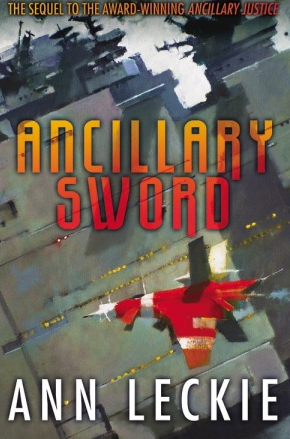 I’m currently whipping through Ann Lecki’s Ancillary series. It’s great fun; page turning space opera adventure with twisty plots and thoughtful meditations on justice, identity and gender along the way. I love the LeGuin/Butler/Russ/etc. tradition of feminist sci-fi, and Leckie does too, so that makes me happy.
I’m currently whipping through Ann Lecki’s Ancillary series. It’s great fun; page turning space opera adventure with twisty plots and thoughtful meditations on justice, identity and gender along the way. I love the LeGuin/Butler/Russ/etc. tradition of feminist sci-fi, and Leckie does too, so that makes me happy.
